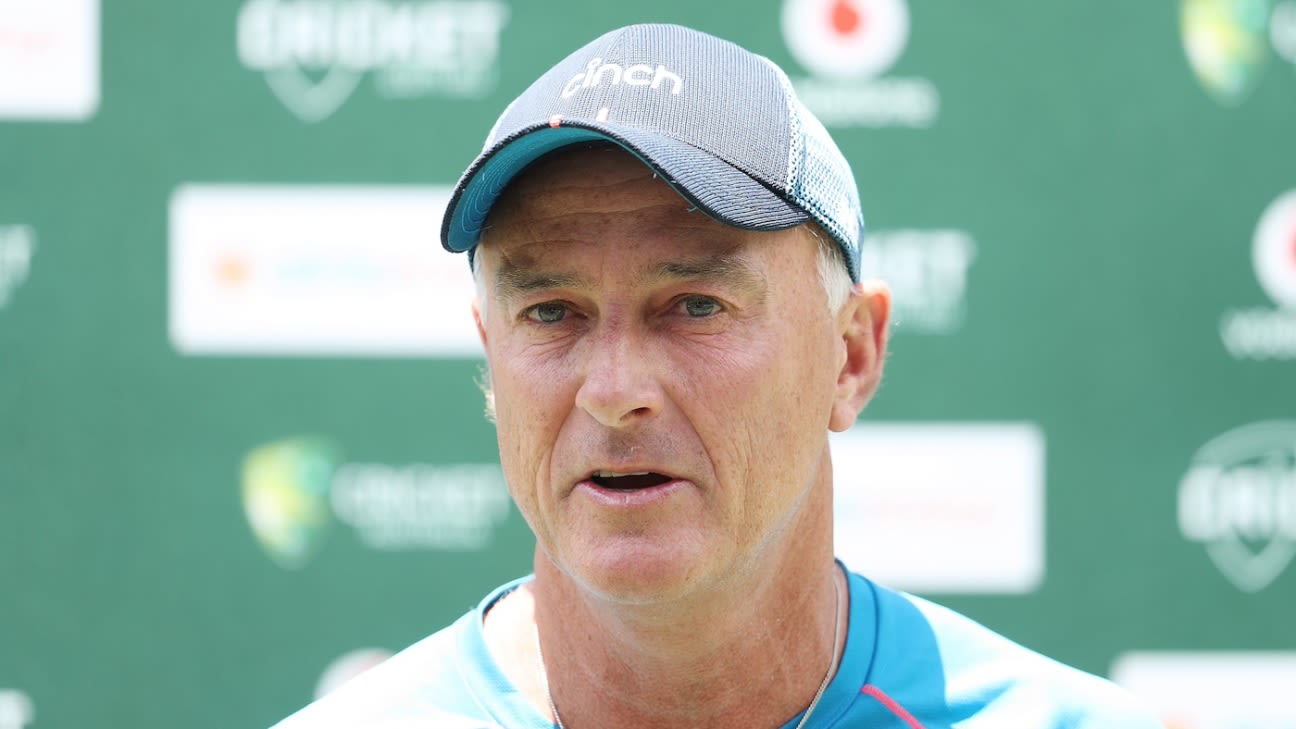How is it the worst ? You don't like it mate, so be it.
Families who lose people to suicide are far more likely to be stressed out. Suicide will come as a shock the remaining family members.
Assisted exits will allow the next of kin to spend some time with the person and make their last days more bearable.
TLDR - I can't help but feel we should be celebrating Graham Thorpe the cricketer, regardless of the manner of his death, rather than discussing attitudes toward suicide. However, I believe discussing the issue and mental health problems openly is one way to breakdown stigma and encourange more empathetic attitudes towards those suffering with mental health problems. If even one person, that might be having their own struggles, is helped - by feeling more comfortable, confident or that they are not alone in their suffering - I think that's a good thing.
In a rare plot twist I'm actually going defend icyman and take his statement in good faith. I don't know his personal experience in this area, but I have first hand experience from both sides. Having thought about it, his take is quite idealistic but ultimately at odds with attitudes towards suicide (at least in the UK/west) and the reality of the society we live in. It's a far more complex issue than sitting down and explaining to their family they don't want to be here anymore.
There are very old-fashioned views of suicide (heavily influenced by Christan attitudes which are not helpful) and sometimes contradictory to opinions people hold in respect to assisted suicide. If someone has terminal cancer or degenertaive disease then many people will support an individual's right to dictate the terms of their death. However, for those with psychological issues it strikes me that those view. That's possibly down to the inbalance we give physical vs mental health problems. And, there are differences, but it often seems like we want to take away someone's agency when it comes to mental health problems, across the board, when I think it requires greater nuance.
If we, the UK (probably most countries), had a better approaches to mental health care for those suffering from severe disorders, better outcomes and the number of suicides reduced significantly. For those who are beyond help, or able to assert that they do not want to go on, then I do think giving the option of assisted suicide is humane and dignified. However, treatment is one thing but the causes and contributing factors should be addressed to. There are many societal conditions that contribute and exacerbate mental health problems.
Should someone just be able to book a flight to Switzerland or the Netherlands? Personally, I don't think so, not without being provided all possible avenues of support and care to help them overcome or manage their problems. The lack of sufficient mental health services in this country leave us a long way from that.
My personal views on suicide are quite fluid and evolved a lot over the years. Albert Camus' book 'The Myth of Sisyphus' was life-changing for me. Without boring everyone with my clumsy interpretation, it gave me a fresh perspective, seeing living as an act of defiance. However, French existential philosophy isn't going to help everyone. There's incredible stigma around mental health problems that can make it incredibly difficult to seek help. It took me far too long to get support and since I did it's been ongoing. While I have had positive breakthroughs in the last 12 months it is still a day-to-day fight to get by.
I don't know anything more about Graham Thorpe's circumstances than has been reported and the statements of his family. It's a tragic situation for those left behind but it's positive that they want to talk openly and stating that there shouldn't be a stigma around it.















